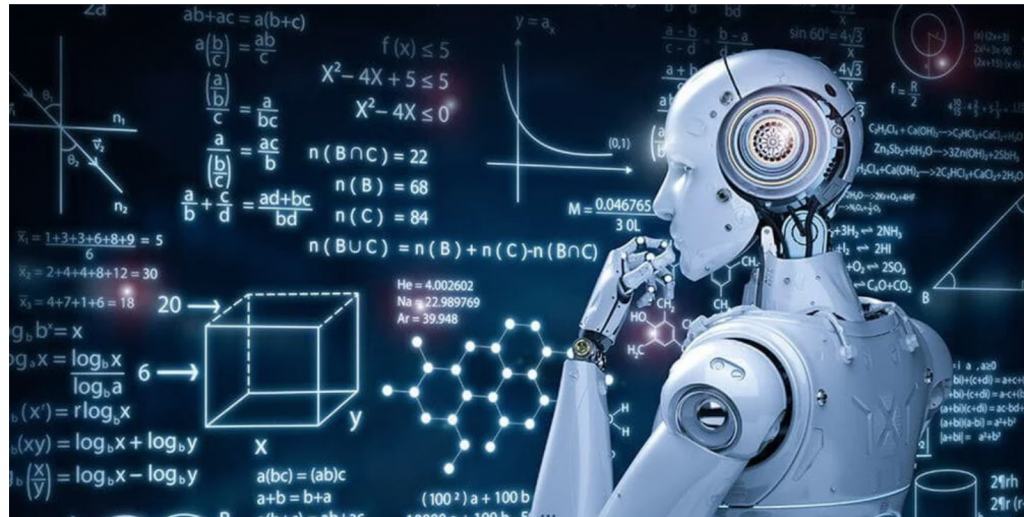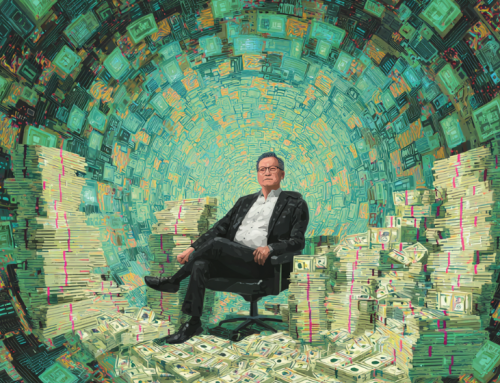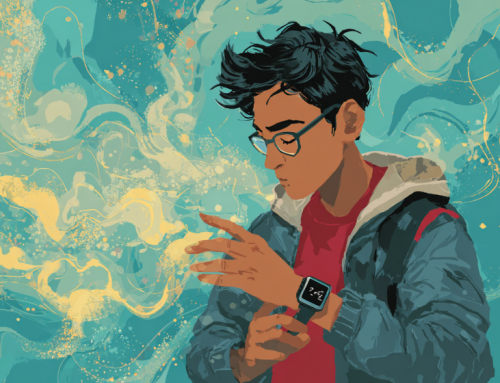
Biological? Post-biological? Or something in between? Neural network advances make researchers ask about humanity’s future.
Researchers Claim Recent Advances Make the Singularity Possible in the Future
Moviemakers have been predicting the singularity—defined as sentience in computers—for decades. Researchers have been keeping an eye on the actions of neural networks with that in mind. Now an AI scientist says we may have reached it.
Ilya Sutskever, chief scientist of the OpenAI research group, tweeted today that “it may be that today’s large neural networks are slightly conscious.”
Needless to say, that’s an unusual point of view. The widely accepted idea among AI researchers is that tech has made great strides over the past decade, but still falls far short of human intelligence, never mind being anywhere close to experiencing the world consciously.
In a piece from futurism.com writer Noor Al-Sibai presents a profile on Sutskever and how OpenAI has had a long road to get to this possible breakthrough.
Sutkever has long been preoccupied with artificial general intelligence, or AGI, which would refer to AI that operates at a human or superhuman level. During his appearance in the AI documentary “iHuman,” for instance, he even declared that AGIs will,
“…solve all the problems that we have today” before warning that they will also present “the potential to create infinitely stable dictatorships.”
This tweet, however, marks the first time Sutskever, who co-founded OpenAI alongside SpaceX CEO Elon Musk and the company’s CEO Sam Altman in 2015, appears to have claimed that machine consciousness has already arrived. Musk has since cut ties with OpenAI. In 2019, Musk left OpenAI amid news that the group had made a “fake news” text generator that some believed was too dangerous to release.
How Do We Know We Have Reached Singularity?
Singularity has several descriptions, but what this story refers to is the point in time where a machine can experience existence as a human might. The technological singularity—or simply “the” singularity—is a hypothetical point in time at which technological growth becomes uncontrollable and irreversible, resulting in unforeseeable changes to human civilization.
Sutskever certainly isn’t the first to propose the idea of singularity. Futurist Ray Kurzweil predicted 15 years ago that the singularity—the time when the abilities of a computer overtake the abilities of the human brain—will occur in about 2045. Another scientist, Joseph Gale and his co-authors, believe this event may be much more imminent, especially with the advent of quantum computing. Gale made his statements in a new paper published in The International Journal of Astrobiology,
A sentient AI may be inevitable, or not, or may take a very long time. But seeing more and more prominent experts say that we’re already seeing the rise of conscious machines is jarring, despite the fact that it may not exactly be accurate.
read more at futurism.com







Leave A Comment